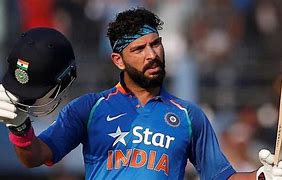Keeping in mind how short the third Test between India and England was at Ahmedabad’s Narendra Modi stadium, the number of records being made and broken are astronomically high.
While the match itself officially became the shortest Test since World War II having concluded after just 842 deliveries, there are various individual records that were made, especially for the Men in Blue.
Amongst which, one of the most impressive records belonged to Indian Test veteran Ravichandran Ashwin, who became the second fastest cricketer in the world to reach the 400-wicket mark in 77 matches since he made his debut against the West Indies back in 2011. Only Muttiah Muralitharan has taken fewer days to achieve this feat (72 matches)
The 34-year-old off-spinner took three wickets in the first innings and four in the second but his 400th wicket came in the form of England tailender Jofra Archer getting trapped for an LBW appeal in the 24th over. Ashwin would go on to remove Jack Leach six overs later for his 401st scalp.
However, not everyone seemed to be impressed with the Chennai-born star’s incredible achievement. Former Indian cricketer Yuvraj Singh had an eyebrow-raising method of wishing Ashwin on his success in the longest format of the game.
“finished in 2 days Not sure if that’s good for test cricket !If @anilkumble1074 and @harbhajan_singh bowled on these kind of wickets they would be sitting on a thousand and 800 ?However congratulations to @akshar2026 what a spell! congratulations @ashwinravi99 @ImIshant,” Singh tweeted.
Instead of acknowledging Ashwin’s career spanning nearly a decade, Singh started out by questioning the quality of the match that was played between India and England at the Motera stadium.
He then oversimplified the work needed to dismiss the entire England side twice within two days by hypothesising how legendary spinners like Harbhajan Singh and Anil Kumble would have done far better provided the pitch conditions were similar.




